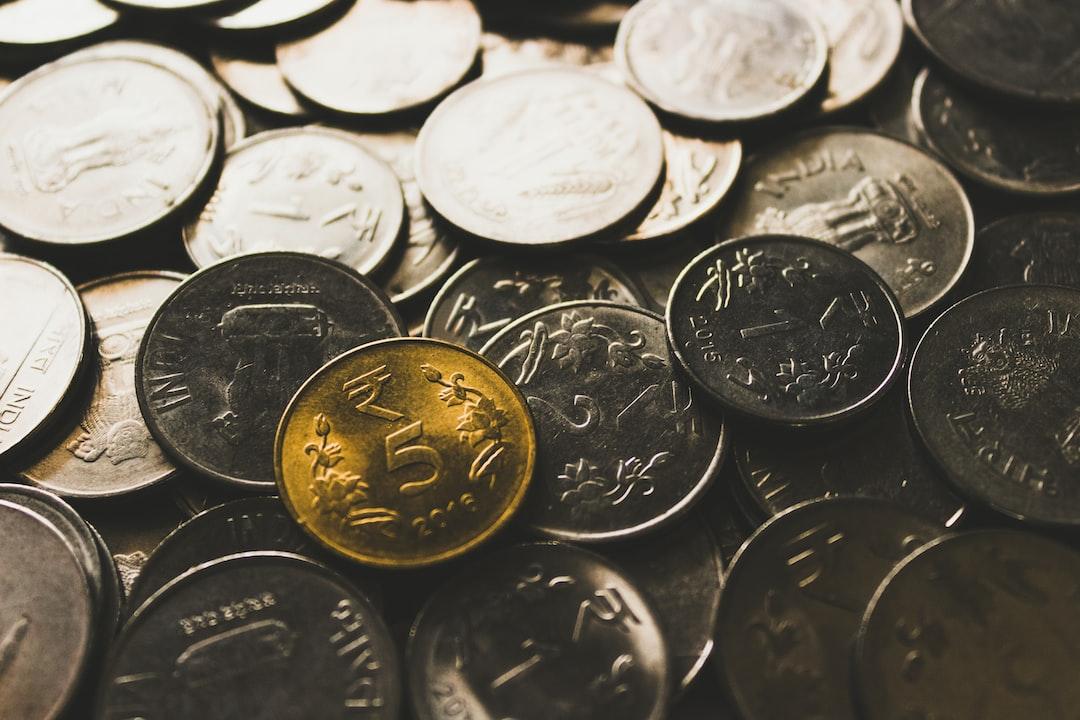What happened?
Coinbase is seeking approval from the U.S. Securities and Exchange Commission (SEC) to launch a “tokenized securities” trading service. If approved, Coinbase will enter the retail brokerage market, competing with mainstream players like Robinhood and Charles Schwab.
Tokenized securities refer to the process of putting stocks on the blockchain, converting them into digital tokens. Investors can trade them 24/7 and enjoy faster settlement efficiencies. However, challenges such as unclear regulatory standards and insufficient liquidity remain.
Coinbase is not the only trading platform venturing into tokenized securities. Competitor Kraken has launched a product called xStocks, available only in regions outside the United States.
Coinbase seeks to launch tokenized securities
According to Reuters, the U.S.-listed cryptocurrency exchange Coinbase is pushing the SEC for approval to launch “tokenized equities” trading services within the United States. If the SEC grants approval, Coinbase will be able to offer digital token trading that represents traditional securities, competing with mainstream retail brokerages like Robinhood and Charles Schwab, and open a new business segment.
Coinbase’s Chief Legal Officer Paul Grewal told Reuters that launching tokenized securities services is “one of the company’s current top strategic priorities.” To this end, Coinbase is seeking a “no-action letter” or other forms of waiver from the SEC.
A “no-action letter” is a written document indicating that a government agency or regulatory body will not take enforcement action if the information provided by the applicant is accurate. Grewal pointed out that “once a no-action letter is obtained, it serves as an indirect endorsement of compliance from the SEC for companies issuing tokenized securities or platforms providing secondary market trading.”
Reuters clarified that it has not been confirmed whether Coinbase has formally submitted an application to the SEC, nor has it disclosed a possible launch timeline. However, Grewal emphasized that the lack of regulatory certainty is one of the biggest barriers hindering institutional adoption of tokenized assets at present.
What are tokenized securities?
Tokenized securities refer to the process of putting company securities on the blockchain, converting the ownership of a company’s securities into digital tokens on the blockchain. Investors do not need to hold traditional stocks but instead hold a cryptocurrency that represents that equity.
Proponents believe that this method can reduce trading costs, accelerate transaction settlement speeds, enable 24/7 uninterrupted trading, and promote the disintermediation and transparency of traditional finance. However, this concept also faces numerous challenges, such as insufficient liquidity in the secondary market, a lack of unified regulatory standards globally, and legal uncertainties that have contributed to the slow adoption of tokenized securities in the U.S. market.
Coinbase is not the only exchange involved in the tokenized securities space. Competitor Kraken announced last month the launch of a tokenized stock product called xStocks, limited to specific markets outside the U.S., which also indicates the potential value of this space.
However, Kraken’s strategy reflects the unclear regulatory environment within the U.S. Even with technological readiness and mature product design, such innovations can only “test the waters” abroad in the absence of regulatory support.
Reports indicate that Coinbase acquired a registered securities broker back in 2018, but the subsidiary has yet to be activated. Now, by seeking a no-action letter, Coinbase has the opportunity to rediscover the potential of this company.
Source: Reuters, CryptoSlate

